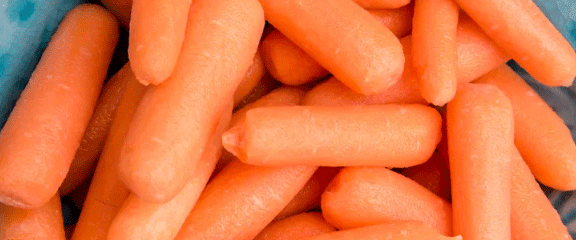In response to potential E. coli contamination, a wide range of vegetable products has been recalled, impacting major retailers across the United States. The recall includes Grimmway Organic Whole Carrots, 1 lb, and multiple mixed vegetable medleys under various brands such as Wild Harvest, Marketside, and 4Earth Farms. The products affected were sold at Albert’s Organics, Walmart, O.K. Produce, UNFI, Kennedy Produce, and Sprouts Farmers Market between August and October 2024, with best by dates ranging from September 7, 2024, to November 2, 2024.
The contamination was traced to E. coli O121:H19, a dangerous strain of bacteria that has been linked to a recent outbreak affecting at least 39 people and resulting in one death. Symptoms of E. coli infection can include severe dehydration, high fever, vomiting, bloody diarrhea, and abdominal cramps, typically appearing three to four days after ingestion of contaminated food, though symptoms can appear up to 10 days later. In severe cases, E. coli infection can lead to hemolytic uremic syndrome (HUS), a serious condition that can cause kidney failure.
The outbreak prompted Grimmway Farms, the supplier of carrots to 4Earth Farms, to recall their products after discovering that the carrots used in their vegetable medleys may be linked to the outbreak. 4Earth Farms, a major distributor of organic produce, immediately initiated a voluntary recall once they were informed of the contamination risk. The recall does not affect products still on shelves but targets items purchased between August and October, ensuring consumers are aware of the risk if they still have these items in their possession.
E. coli contamination in vegetables can occur due to improper handling, inadequate washing, and contamination during harvest or processing. The use of contaminated water, poor agricultural practices, and proximity to livestock can all contribute to the spread of this bacteria. To mitigate these risks, farmers and processors should adhere to strict sanitation protocols, utilize water testing to ensure safety, and educate workers on best practices for washing and handling vegetables.
For consumers, the Food and Drug Administration (FDA) advises checking the best by dates and UPC codes on packaged vegetables. Products affected by the recall should be discarded immediately, and thorough cleaning of refrigerators and freezers is recommended to prevent cross-contamination. Consumers who develop symptoms should seek medical attention promptly, especially if they experience severe symptoms such as HUS.
The E. coli outbreak linked to carrots and vegetable medleys underscores the need for enhanced food safety measures in the agricultural and retail sectors. While recalls are a critical tool in managing such outbreaks, the prevention of contamination should be the primary focus. Adopting best agricultural practices, including strict hygiene standards, testing of water sources, and robust traceability systems, can help minimize the risk of contamination and protect public health. As the agricultural industry continues to evolve, maintaining high safety standards will be crucial to preventing future outbreaks and ensuring safe food for consumers.































